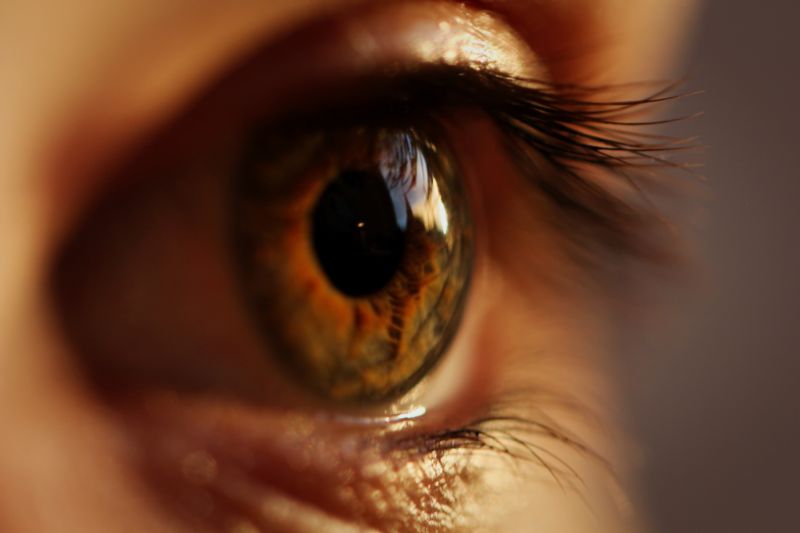
Biogen has completed enrolment in the Phase III STAR clinical trial of timrepigene emparvovec (BIIB111/AAV2-REP1) to treat choroideremia (CHM), a rare, degenerative, X-linked retinal disorder.
CHM develops due to a loss of function in the CHM gene encoding the Rab escort protein-1 (REP-1). The loss of function negatively impacts intracellular protein trafficking and the removal of waste products from the retinal pigment epithelium and photoreceptors.

Discover B2B Marketing That Performs
Combine business intelligence and editorial excellence to reach engaged professionals across 36 leading media platforms.
The disease affects patients’ night vision and could progress to blindness.
Timrepigene emparvovec is an investigational AAV2 gene therapy that delivers a functioning CHM gene and the REP-1 protein expression. The drug is intended to restore membrane trafficking and slow, stop or even reverse vision deterioration.
Biogen gained the drug with its acquisition of Nightstar Therapeutics in June this year.
The randomised, masked, prospective, parallel-controlled STAR trial enrolled a total of 170 adult male patients. It is designed to investigate the safety and efficacy of a single subretinal injection of the gene therapy.

US Tariffs are shifting - will you react or anticipate?
Don’t let policy changes catch you off guard. Stay proactive with real-time data and expert analysis.
By GlobalDataThe primary endpoint is the proportion of participants with an improvement of at least 15 letters in best-corrected visual acuity (BCVA) from baseline to 12 months after treatment.
The endpoint will be measured using the Early Treatment Diabetic Retinopathy Study (ETDRS) visual acuity protocol.
Biogen chief medical officer and Research and Development executive vice-president Alfred Sandrock said: “Timrepigene emparvovec could be a transformative gene therapy for individuals living with choroideremia who would otherwise face inevitable blindness.
“Completing enrolment of our Phase III study represents a significant milestone in bringing this new potential therapy to patients.”
The Phase III study builds on proof-of-concept results from the Phase I/II trials, which observed more than 90% of patients treated with subretinal injection of the gene therapy to maintain visual acuity. Participants did not experience the BCVA decline.
According to data from a subset of patients with moderate to severe visual acuity loss, 21% had visual acuity gain of at least 15 ETDRS letters from baseline, versus 1% of patients who did not receive the therapy in a natural history study.





